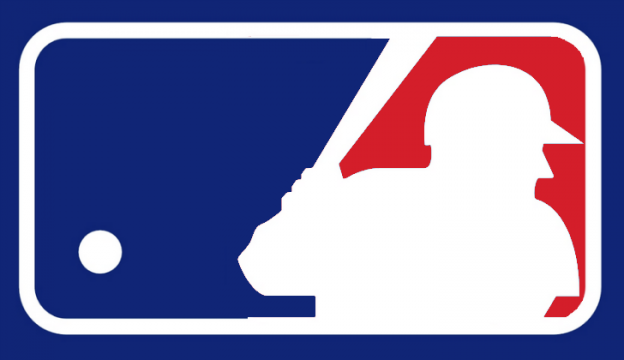Anyone that follows the world of professional sports in America knows that one league takes performance-enhancing drugs more serious than all the others, and that is Major League Baseball (MLB).

In the middle 1980s through the late 1990s, steroid use was absolutely rampant in the MLB – with things got really, really comical in the 1998 in 1999 seasons. Mark McGwire and Sammy Sosa both were going after the single-season home run record, and while both of them eventually passed the record – McGwire hitting more home runs than Sosa – both of them did so looking like cartoon characters, considering just how big their muscles were and how overinflated their physiques were.
It later came to light that both of them (and likely nearly 80% of the league) were “juicing”, and baseball – a sport that really prides itself on tradition and fair play, maybe more than any other professional league – dealt with a significant blackeye it is still trying to recover from.
Today they have some of the most stringent testing for banned substances as well as some of the most significant punishments and penalties. Those that hit a positive test for the first time are dealt with swiftly and significantly, and repeat offenders may find themselves banned from baseball forever.
Former All-Star MLB pitcher Steve Delabar suspended for 80 games
A major league veteran six years, playing with Seattle, Toronto, and Cincinnati, Delabar had been to the All-Star game for his work coming out of the bullpen – but now he’s going to be spending at least half an entire baseball season at home because of the positive test that he popped for performance-enhancing drugs.
According to the MLB, this player tested positive for a Ostarine, a selective androgen receptor modulator (SARM) that is used primarily (and legitimately) to treat osteoporosis and muscle wasting – but is also one of the most popular performance-enhancing drugs for bodybuilders and athletes looking to pack on pound after pound of lean muscle mass in a hurry.
A statement from the agent of the player confirms the fact that the player was in fact testing positive for this substance during spring training, that he takes full responsibility for the low levels of this substance that popped positive on the test, and that he is going to serve the suspension completely.
At this point in time, the player had been invited to spring training with the Cleveland Indians and was a pretty good chance of making the big-league team roster.
Unfortunately, it’s likely now that this player isn’t ever going to see action in the MLB ever again. Not only is he 33 years old (and age when MLB players see a downturn in performance, historically), but the testing positive for performance-enhancing drugs isn’t going to help his reputation – and losing half a season of potential help to a big league club isn’t going to help, either.
MLB continues to show real teeth when it comes to performance-enhancing drug testing
While the overwhelming majority of other major professional sports leagues in the United States continue to pay lip service to testing for performance-enhancing drugs and suspending players that end up popping positive for these substances, the truth of the matter is only the MLB has really taken the steps necessary to curb this kind of use, to punish superstar players (Alex Rodriguez, Ryan Braun, Manny Ramirez, etc.), and to throw their full weight behind eradicating drug use in their league.
This player likely isn’t going to be the last player to be suspended under the MLB drug testing policy, but it’s obvious to everyone following the sport that fewer players are using these kinds of drugs today than were just a few short years ago.







